 Some Sociologists suggest that subcultures may no longer exist in the form that they once did. For example, some would argue that it is no longer possible to identify visible and coherent youth movements, such as mods, rocker and punks.
Some Sociologists suggest that subcultures may no longer exist in the form that they once did. For example, some would argue that it is no longer possible to identify visible and coherent youth movements, such as mods, rocker and punks. Even for subcultural writers, such as Dick Hebdige, there is a belief that subcultures were tied to a particular era, and are less applicable to understanding
contemporary forms of youth culture or social groupings. As Hebdige (1988: 8) wrote:
Theoretical models are as tied to their own times as the human bodies that produce them. The idea of subculture-as-negation grew up alongside punk,
remained inextricably linked to it, and died when it did.
In particular, writers such as Zygmunt Bauman (1992) argue that the certitudes of life, such as class and gender have become less significant in an
increasingly unstable and liquid world. Hence, our identities and social groupings necessarily become more diverse and fluid, as individuals seek to
move and adapt to their ever-changing world. Hence, some Sociologists such as Bauman argue that there might be more useful terms to describe contemporary
social groups, such as, for example, ‘neo-tribes’.
In the article below, French sociologist Michel Maffesoli uses the term ‘urban tribes’ or ‘neo-tribes’ to refer to ways in which groups of people
come together in a shared interest. He sees this as a move away from individualism.
Discover More What is your definition of "urban tribes"?
Taking examples from television initially, students could identify programmes which could be seen to have a ‘tribe like’ following. Examples could
include Game of Thrones and the Great British Bake-Off. They could consider tribe membership – how much consumption is needed for membership? Additionally
what other areas of life have a ‘tribe-like’ following? Clothing and lifestyle brands could feature here, for example Jack Wills, Abercrombie and Fitch
and Fred Perry.
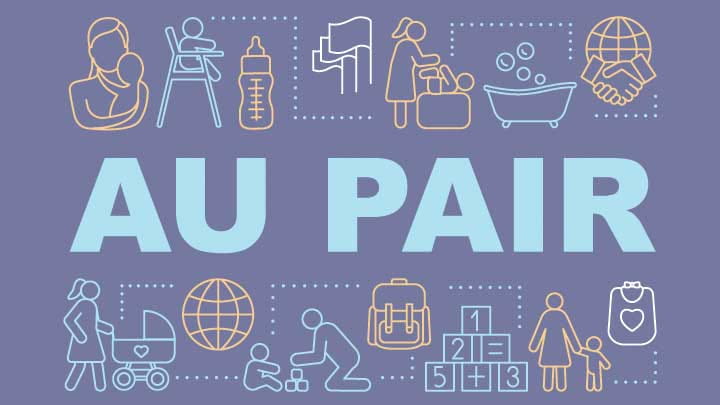


The following article provides accounts of family life in four different countries. Students c...
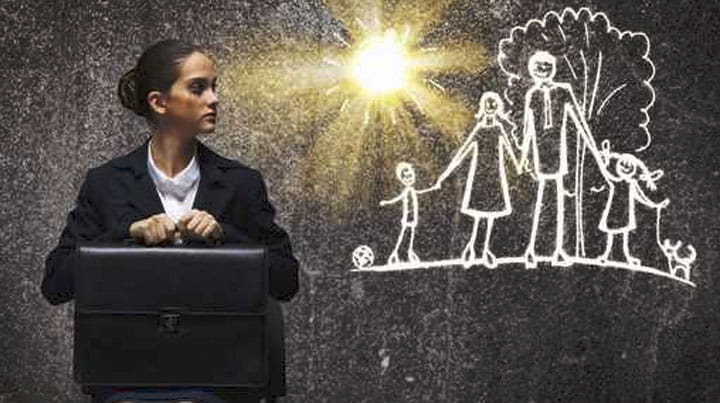
Within this page a video is embedded which makes use of the ‘Good Wife’s Guide&rsq...

Students could use this information to sketch out their own organic analogy and label the diff...

This is a detailed PowerPoint that outlines industrialisation and social change.

The Walking Dead is a popular American TV show centring on a small band of survivors from a zo...
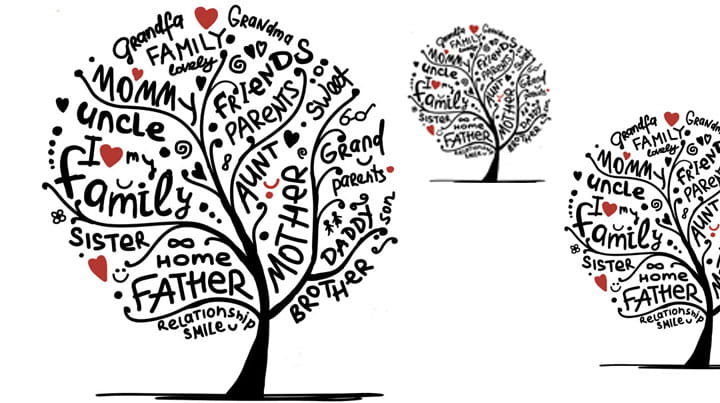
In this activity, students fill out their own sociological family tree, which as well as providin...
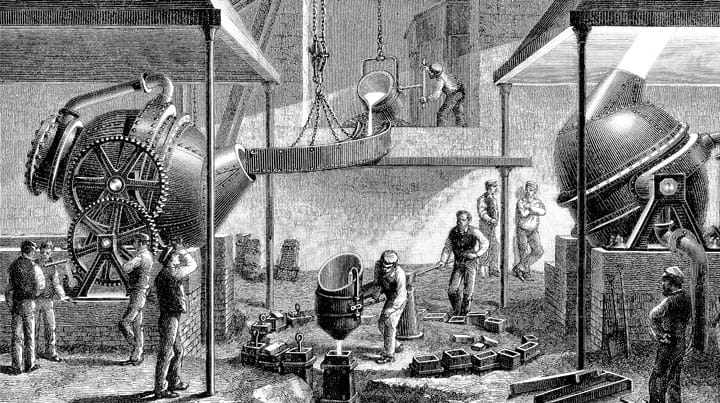
Quizlet (www.quizlet.com) is a free resource that can be used by both teachers and students to...

This section provides classroom resourses for considering the family, gender and housework, an...

Students could consider the gendered division of labour in their own families and the extent t...

Use the following New York Times article as a starter activity whereby students are to draw ou...
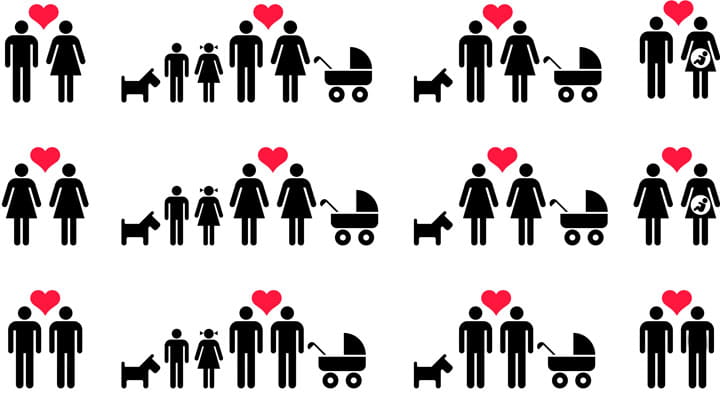
‘What is a family?’ is the central question posed by Zach Wahls’ testimony p...
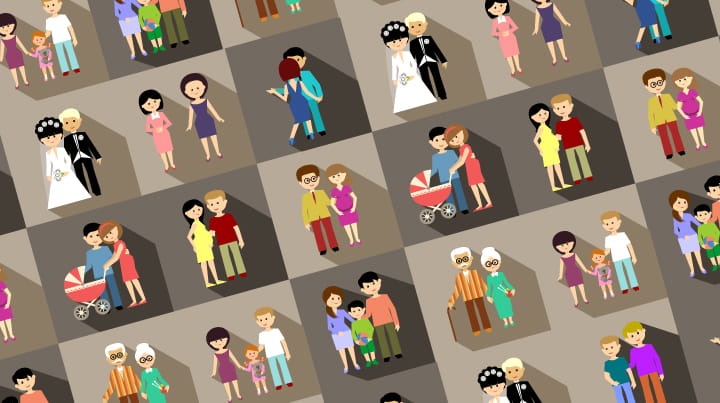
The study of families and households is one of the most popular topics at A-level. This area o...